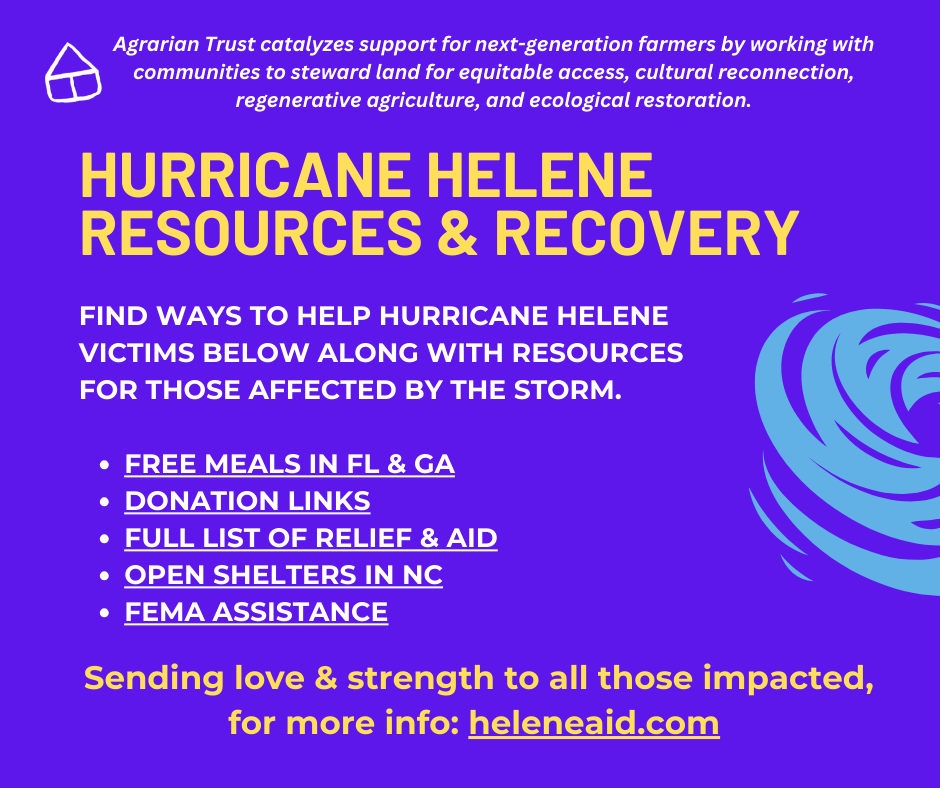One of the biggest threats to the future of agriculture here in the US and abroad is development. The possibility of development hikes the price of agricultural land out of the reach of aspiring farmers or small/medium farms looking to expand. If a farmer has decided to leave the farm, this can be an attractive offer. But developers are not just approaching people who want to put their land up for sale. Developers in sought after areas of the world often approach farmers and land holders of all kinds out of the blue to offer astronomical sums and “change your life” kind of deals. But, these deals are not always welcome. People around the world recognize that the power of land stewardship and growing food for the community they live in is more powerful than money. Many of these people are using their status as land owners to defy the developer that be and take the conversation of gentrification and urbanization of traditional farm lands to the general public.
While stories like this rarely make the news in the US in the last few years, stories of local heroes standing up for the land and those that work it have come from around Europe to inspire the rest of us. In 2012, a Swiss Farmer named Philip Freimann turned down 20 million Euros for his organic beef farm outside the fast growing city of Zug. Mr. Freimann was quoted as saying “I’m healthy and I can work, what more do I need?” This attitude is common in farming communities across the world where people who have been doing this work for generations, or who have felt the call of the land more recently find themselves up against the forces of “modernization” that would seek to destroy the agrarian way of life. Another example from 2014 tells the story of the farmer who turned down a staggering sum of money to save the ancient village in Sussex that he calls home. His courage in the face of some of the worlds most capital rich companies on the planet inspired the rest of the land holders in his village to come together and fend off the growing torrent of commercial and housing projects slated to pave over their corner of south eastern England. When one member of a community holds fast, it can inspire other, more vulnerable members to hold fast and protect the land in their possession. These kinds of success stories also serve as a model of courage and innovation for the rest of the world. While all situations are unique and all countries have different specific laws, there is no questioning the power of a group of people banding together with the common goal of protecting their land, their food, and their livelihood. Take heart that people across the world face these same challenges too and know that all communities have the strength to push back the mandate of development when they stand together.




